Sailing into the vast waters, you feel the power of your boat surging beneath you and you wonder, what keeps that engine cool while you journey across the sea? The answer lies within – Understanding Boat Engine Cooling Systems. This enlightening guide will embolden you with knowledge of the intricate and essential cooling systems that keep your vessel’s engine smooth and efficient. Say farewell to uncertainty as we gently navigate through the fascinating world of boat maintenance and operation. With this newfound understanding, you’ll be able to make informed decisions and potentially extend your boat engine’s lifespan while remaining safe on the waters.
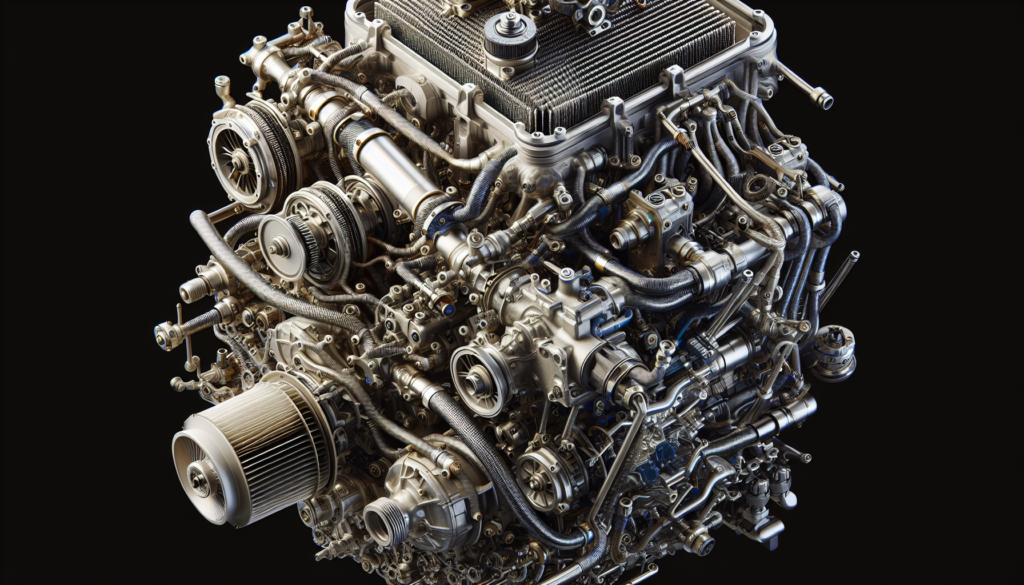
Basics of Boat Engine Cooling Systems
In the world of boating, understanding your vessel’s inner workings can immensely enhance your cruising experience. One of the crucial systems present in your boat is the boat engine cooling system.
Definition of Boat Engine Cooling System
A boat engine cooling system is a mechanism designed to regulate the engine’s temperature and ensure it doesn’t overheat while it’s operational. It keeps the boat’s engine, your seafaring vehicle’s heart, in a perfect temperature range, preventing any potentially harmful issues that could arise from excessive heat.
Purpose of Boat Engine Cooling System
The main purpose of a boat engine cooling system is to maintain the engine’s temperature within the optimal range. This system prevents the engine from overheating, reducing wear and tear and subsequently prolonging its life. In addition, a well-functioning boat engine cooling system ensures that the boat runs smoothly for strain-free, enjoyable rides on the water.
Different Types of Boat Engine Cooling Systems
There are primarily two types of boat engine cooling systems – raw water cooling systems and fresh water or closed cooling systems.
Raw Water Cooling Systems
Raw water cooling systems, as the name suggests, use water directly from the sea, lake, or river the boat is navigating. This seawater acts as a coolant, flowing through the engine to absorb and disperse the heat.
Fresh Water or Closed Cooling Systems
In contrast, fresh water or closed cooling systems use a combination of coolant and freshwater. This system operates similarly to your car’s radiator, where the coolant absorbs the engine’s heat, and fresh water cools the heated coolant.
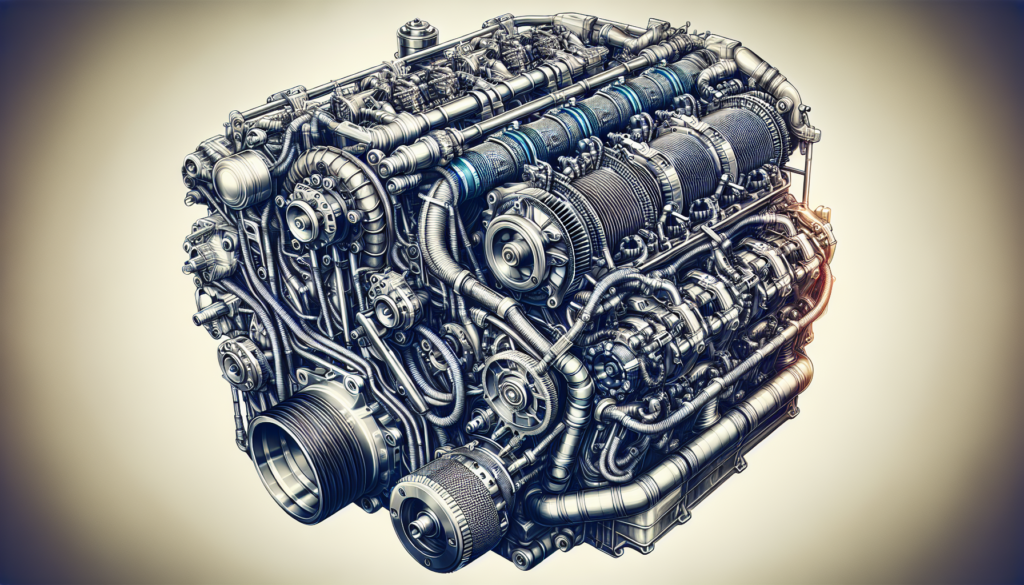
Raw Water Cooling Systems
The raw water cooling system is more common in older boats and smaller marine engines.
How Raw Water Cooling Systems Work
This system works by pumping seawater drawn from around your boat directly into the engine. The cold water absorbs the heat generated by the engine. The now heated water is then expelled back into the sea.
Advantages and Disadvantages of Raw Water Cooling Systems
Raw water cooling systems are easy to understand and simple to maintain, making them a popular choice. They are cost-effective and have less complexity, which can be an advantage when troubleshooting issues. However, these systems can be more prone to corrosion due to the nature of seawater. Furthermore, they can be inefficient in warmer climates, as the seawater temperature may not sufficiently cool the engine.
Fresh Water or Closed Cooling Systems
More modern and larger marine engines usually utilize fresh water or closed cooling systems.
How Fresh Water Cooling Systems Work
These systems use a mixture of coolant and fresh water for the cooling process. The coolant runs through the seawater exchanger, absorbing the engine’s heat, while the seawater pumped into the heat exchanger cools the hot coolant.
Advantages and Disadvantages of Closed Cooling Systems
Closed cooling systems are more effective at maintaining a consistent engine temperature and are less prone to corrosion. However, they are more complex and costly in terms of installation and maintenance than raw water cooling systems.
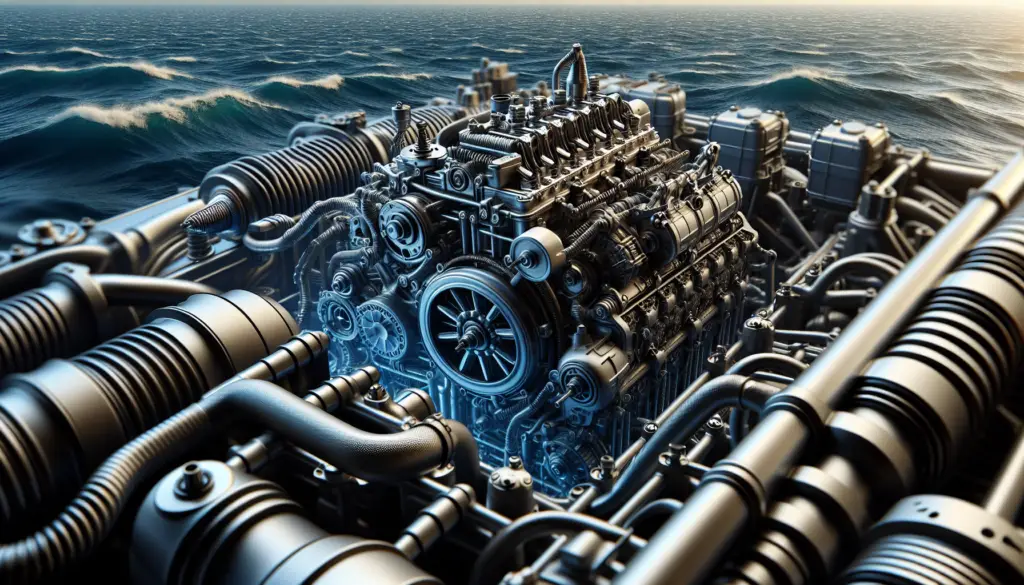
Components of Boat Engine Cooling Systems
Several vital components ensure the seamless operation of the boat engine cooling systems.
The Water Pump
The water pump plays a crucial role by pumping water through the system. In raw water cooling systems, it pumps water from the surrounding environment into the engine. In closed cooling systems, it recirculates the coolant.
The Thermostat
The thermostat is responsible for monitoring and controlling the engine’s temperature. It regulates the flow of coolant to maintain a constant temperature and prevent overheating.
The Heat Exchanger
Like a vehicle’s radiator, the heat exchanger in a closed cooling system transfers the heat from the coolant to the water. It is the heat exchanger that ensures the system remains cool.
The Expansion Tank
The expansion tank accommodates any increase in coolant volume in the closed cooling system due to heat expansion. It’s an essential component in managing pressure within the system.
Maintenance of Boat Engine Cooling Systems
Regular Maintenance is essential in ensuring the longevity and efficiency of your boat engine cooling system.
Regular Inspection
Regularly inspecting the components of your cooling system can spot potential issues early. This includes checking the coolant’s level and color, inspecting hoses for wear, and checking the water pump’s operation.
Flushing the System
Occasionally, it’s important to flush the system to cleanse any accumulated sediments or impurities which can obstruct the flow of coolant.
Checking and Replacing Damaged Components
Regularly check for any deteriorated or damaged component. Replacing as necessary can prevent further damage.
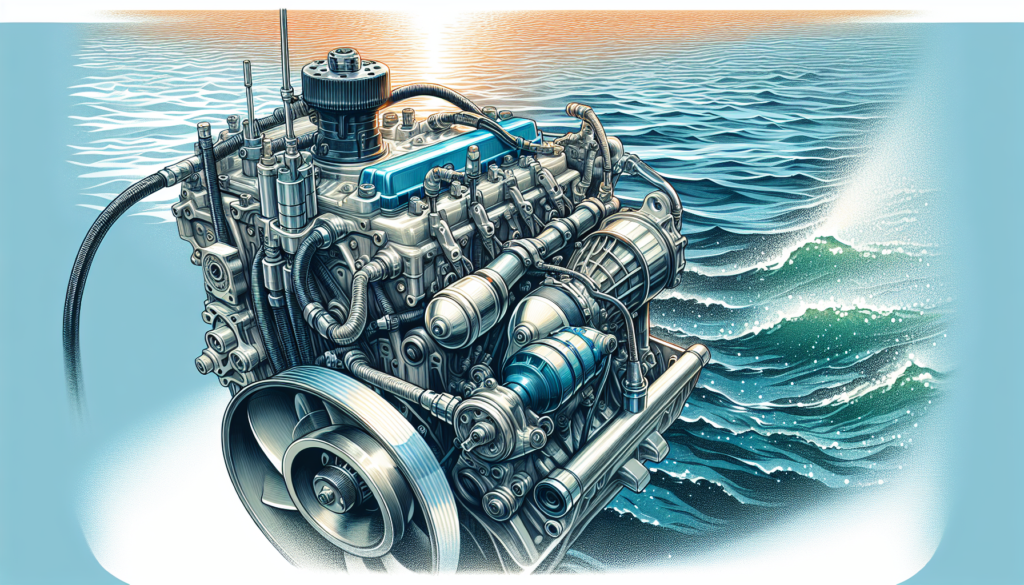
Troubleshooting Common Problems in Boat Engine Cooling Systems
Being aware of common problems can help in troubleshooting issues.
Overheating Issues
If your engine is overheating, it may indicate a failing thermostat, pump, or clogged hose.
Leaks and Obstructions
Leaks and obstructions can decrease the system’s efficiency. Regular checking can prevent these issues.
Failure of Cooling Components
Any component’s failure could potentially harm the entire system. Always ensure your components are in good working condition.
How to Enhance Efficiency of Boat Engine Cooling Systems
Ensuring that your boat engine cooling system runs at peak efficiency is crucial.
Proper Maintenance
One of the prime ways to enhance your cooling system’s efficiency is by performing timely and thorough maintenance.
Periodic Upgrades
Improving components or even upgrading your entire cooling system can result in enhanced efficiency.
Continuous Monitoring
Keeping a close eye on the system via continuous monitoring can help anticipate potential problems and nip them in the bud.
Safety Tips When Working with Boat Engine Cooling Systems
Working with boat engine cooling systems requires care.
Handling the Cooling System Components
When handling various components of your cooling system, especially when the engine is still hot, take care to avoid any burns or injuries.
Dealing with Coolant and Other Chemicals
It’s crucial to handle coolants and other chemicals with care. Always use the recommended coolant and dispose of the old coolant responsibly to avoid environmental damage.
Procedures to Follow When the System is Overheating
In case the boat engine cooling system is overheating, shut off the engine, and avoid touching any components until they cool down.
Environmental Impact of Boat Engine Cooling Systems
As users of water bodies and revered nature-lovers, boaters must also consider environmental implications.
Emission of Pollutants
Boat engine cooling systems may release pollutants into the water, especially the raw water cooling systems.
Effect on Marine Life
The release of heated water, coolant, or waste from these cooling systems can adversely affect marine life.
Ways to Minimize Environmental Damage
Switching to closed cooling systems, being mindful of the coolants used, and responsibly disposing of any waste can minimize the Environmental Impact. Regular maintenance can ensure your cooling system runs efficiently, reducing the possibility of leaks or failures, which could lead to environmental damage.
Boat owners have a responsibility to be aware of their vessel’s operation and maintenance to ensure that the excitement of navigating in the water does not turn into a debacle. Understanding the basics of boat engine cooling systems can go a long way in providing a smooth, trouble-free, and environment-friendly seafaring journey.

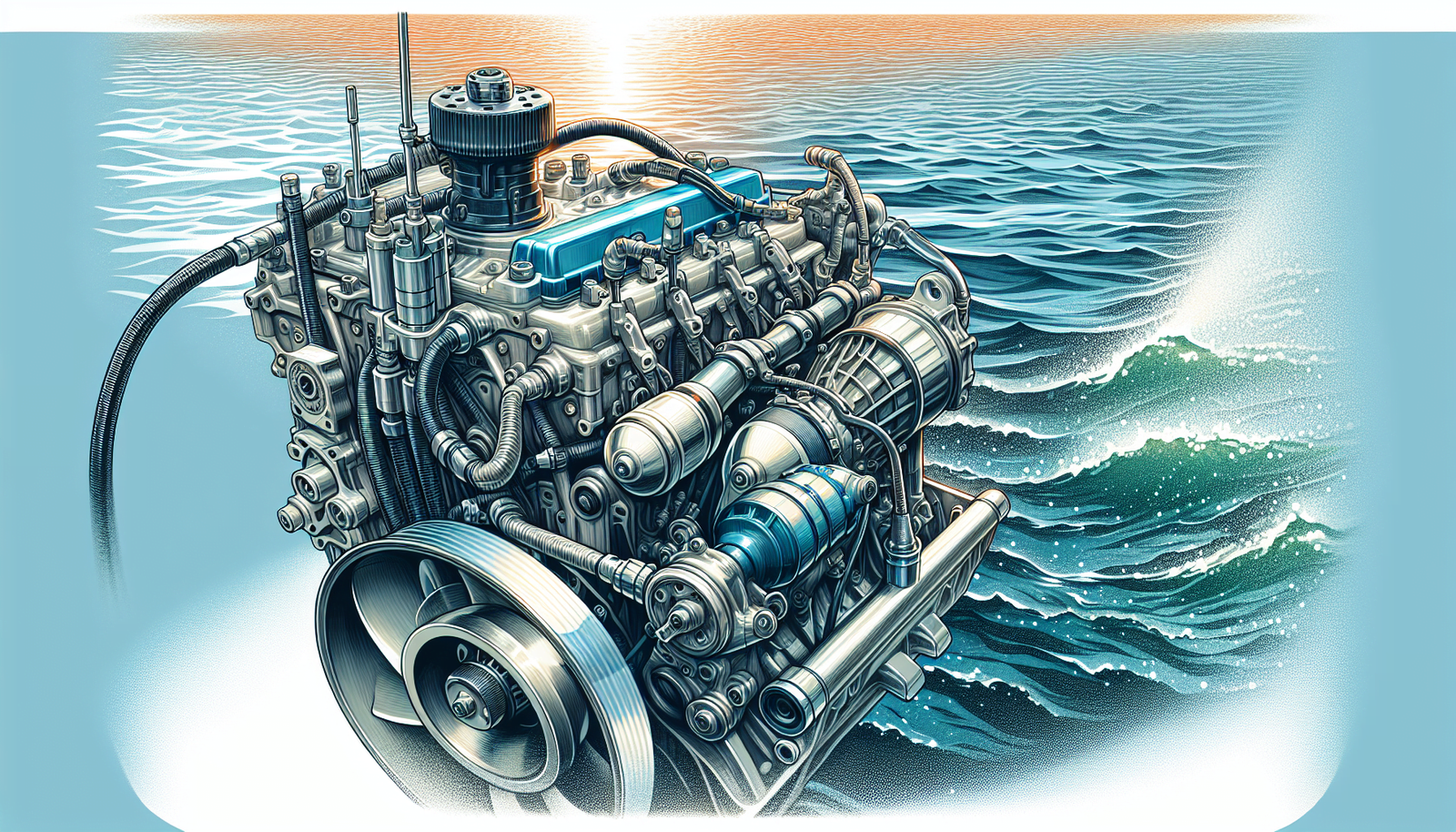
[…] Winterizing your boat is an essential practice that not only impacts the performance of your vessel but also greatly extends its lifespan. This article will help you understand the importance and procedure for winterizing your boat’s engine cooling system. […]